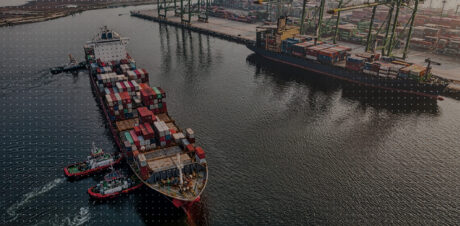On Friday, the U.S. Department of the Treasury’s Office of Foreign Assets Control (OFAC) sanctioned the Xinjiang Production and Construction Corps (XPCC) for their role in human rights abuses against Uyghurs in what is potentially one of the largest single actions in OFAC’s history.
The XPCC is a paramilitary organization run by Xinjiang’s Chinese Communist Party and China’s central government, and it controls swaths of Xinjiang’s economy. It reportedly employs 12 percent of Xinjiang’s population and makes up 17 percent of Xinjiang’s GDP.
We looked at Chinese public records and discovered that the XPCC has over 862,600 direct and indirect holdings, including minority, majority, control, and non-control positions through its different divisions. These companies touch 147 countries, including the United States, Germany, and the UK, and offshore jurisdictions like the British Virgin Islands. They reach as far as 34 layers of ownership from the XPCC.
2,114 of these companies are based in the U.S. and/or appear in U.S. official public records. 71 of these U.S.-linked companies are within 10 layers of ownership from the XPCC.
Unprecedented Magnitude
Depending on how many of these holdings fall under OFAC’s 50 Percent Rule, the XPCC designation could be one of the largest in OFAC’s history.
The majority of these downstream holdings are through the XPCC State-owned Asset Management Co. Ltd., a wholly owned subsidiary of the XPCC.
As Chinese authorities continue to perpetuate ethnic cleansing and cultural genocide in Xinjiang, Beijing continually promotes plans for the region’s economic development. The XPCC’s global footprint reflects this economic development policy, with subsidiaries in industries ranging from agriculture to biotech to finance.
Effects on Supply Chains and Due Diligence
These sanctions will have ripple effects across the globe as compliance and risk management teams figure out whether their supply chains, customers, or partners are linked to the XPCC — or its more than half a million holdings. Public records are a powerful tool in mapping out large, complex, and opaque ownership structures — and, therefore, mitigating potential sanctions exposure.
Streamline your sanctions investigations in high-risk jursidictions like China with Sayari Graph.
This blog post has been updated to clarify that the XPCC’s sprawling global investment portfolio includes both minority and majority holdings, as well as control and non-control positions



